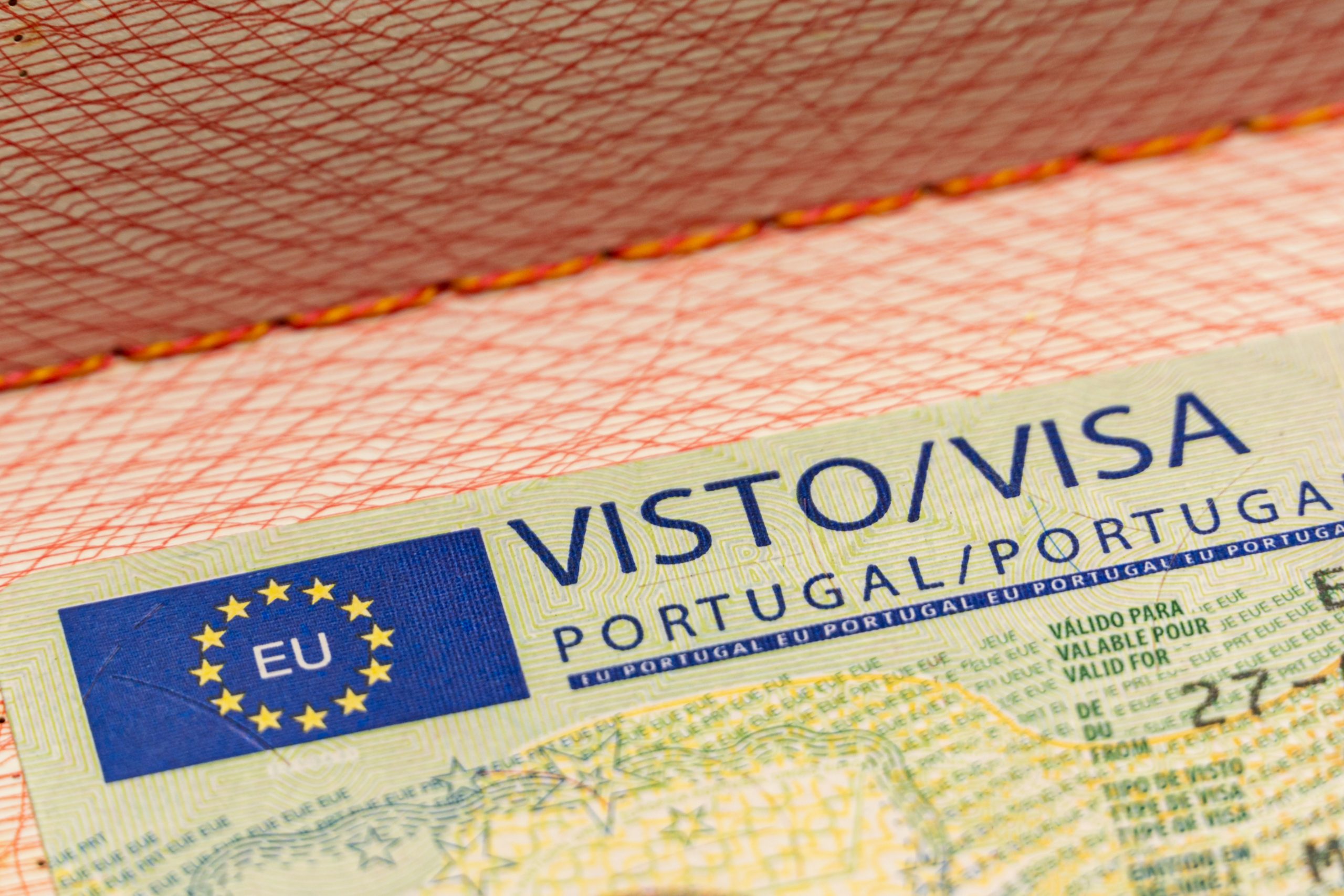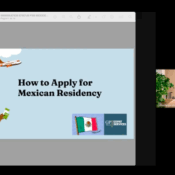
Portugal Visa: A Guide to Obtaining a Visa and Residency
Portugal Visa: Portugal is a popular destination for expatriates, retirees, and investors due to its affordable cost of living, stunning landscapes, and welcoming atmosphere. Whether you’re looking to visit, work, retire, or invest in Portugal, understanding the visa and residency process is essential. This guide provides an in-depth overview of the available visa options and how to obtain legal residency in Portugal.
Types of Visas for Portugal
1. Short-Stay Schengen Visa (Tourist Visa)
- Purpose: For tourism, business trips, or family visits (stays up to 90 days within a 180-day period).
- Who Needs It? Citizens of non-EU/EEA countries that do not have visa-free agreements with Portugal.
- Requirements:
- Valid passport (valid for at least 3 months beyond departure).
- Completed visa application form.
- Proof of travel insurance covering at least €30,000 in medical expenses.
- Proof of accommodation (hotel booking or invitation letter).
- Proof of sufficient financial means (€75 for the first day + €40 per additional day).
- Return ticket or onward travel proof.
2. Temporary Stay Visa (Up to 1 Year)
- Purpose: For stays between 91 days and one year for purposes such as work, study, medical treatment, or voluntary service.
- Who Needs It? Non-EU/EEA nationals staying in Portugal for over 90 days but not permanently.
- Requirements:
- Valid passport.
- Proof of purpose (e.g., work contract, university enrollment letter).
- Proof of financial means and accommodation.
- Health insurance.
3. D7 Visa (Passive Income / Retirement Visa)
- Purpose: For retirees and financially independent individuals who can support themselves without working in Portugal.
- Who Needs It? Non-EU/EEA nationals with a stable passive income (pensions, investments, rental income, etc.).
- Minimum Income Requirement (2024):
- €820 per month for a single applicant.
- Additional 50% for a spouse (€410) and 30% per dependent child (€250).
- Benefits:
- Renewable residency permit.
- Access to healthcare and education.
- Eligible for permanent residency or citizenship after 5 years.
4. Work Visa (D1 Visa)
- Purpose: For non-EU citizens with a confirmed job offer in Portugal.
- Requirements:
- A valid work contract from a Portuguese employer.
- Approval from the Portuguese labor authorities.
- Proof of qualifications and relevant experience.
- Health insurance.
5. Golden Visa (Investment Visa)
- Purpose: For non-EU investors looking to gain residency through investment.
- Investment Options (2024):
- €500,000 investment in a qualified Portuguese investment fund.
- €500,000 donation to scientific or cultural projects.
- €280,000 – €500,000 investment in commercial real estate or tourism projects (residential real estate no longer qualifies).
- Benefits:
- Residency for the investor and family.
- No minimum stay requirement (only 7 days per year).
- Pathway to permanent residency or citizenship after 5 years.
6. Digital Nomad Visa (D8 Visa)
- Purpose: For remote workers and freelancers working for non-Portuguese companies.
- Minimum Income Requirement:
- At least €3,280 per month (4x Portugal’s minimum wage).
- Requirements:
- Proof of employment or self-employment.
- Bank statements showing financial stability.
- Private health insurance.
7. Student Visa (D4 Visa)
- Purpose: For non-EU students enrolled in a Portuguese university.
- Requirements:
- Proof of university enrollment.
- Proof of sufficient funds (€750 per month).
- Private health insurance.
- Accommodation details.
Residency and Citizenship in Portugal
Temporary Residency (1-5 Years)
- Granted through visas like D7, D8, and work visas.
- Renewable for up to 5 years.
Permanent Residency (After 5 Years)
- Requires 5 years of continuous legal residence.
- Allows residents to live and work in Portugal without restrictions.
Portuguese Citizenship (After 5 Years)
- One of the shortest paths to EU citizenship.
- Requires passing a basic Portuguese language test (A2 level).
- No requirement to renounce original nationality.
Frequently Asked Questions (FAQs)
1. Can I work in Portugal on a tourist visa?
No, a tourist visa does not permit employment. You must apply for a work visa.
2. How long does it take to process a visa application?
- Short-stay visas: 15-30 days.
- Residency visas: 2-3 months.
- Golden Visa: 6-12 months.
3. Can I start the visa process from my home country?
Yes, most visas require an application through a Portuguese consulate before arrival.
4. Does Portugal allow dual citizenship?
Yes, Portugal allows dual citizenship.
5. How much money do I need to qualify for the D7 visa?
At least €820 per month, plus additional funds for dependents.
6. Can I apply for permanent residency after five years?
Yes, if you have lived legally in Portugal for 5 consecutive years.
7. What is the best visa for retirees?
The D7 visa is the best option for retirees who can prove sufficient passive income.
Conclusion
Portugal offers a range of visa options to suit different needs, from retirees and investors to remote workers and students. Whether you’re looking for temporary residence or a pathway to EU citizenship, Portugal’s visa programs provide accessible routes for foreigners seeking to live in this beautiful and welcoming country.
Meet An Expert
Meet with an expert today during our open office hours video calls. You will be able to ask any question you might have regarding visas, renting and buying property or just practical advice on moving, while in a group setting. It is 100% free and you can attend on your own schedule.
Recent Posts
Comprehensive Step-by-Step Guide to Obtaining Your Visa In Mexico
Buying Your First Business in France
All Categories
- Argentina
- Australia
- Austria
- Bahamas
- Bali
- Belize
- Brazil
- Chile
- Colombia
- Costa Rica
- Czech Republic
- Denmark
- Dominican Republic
- Ecuador
- El Salvador
- Fiji
- France
- Germany
- Greece
- Hungary
- India
- Ireland
- Jamaica
- Japan
- Malaysia
- Mexico
- Netherlands
- New Zealand
- Norway
- Panama
- Peru
- Philippines
- Portugal
- Singapore
- South Korea
- Spain
- Sweden
- Switzerland
- Thailand
- UAE
- Uncategorized
- United Kingdom
- Uruguay
- Vietnam



